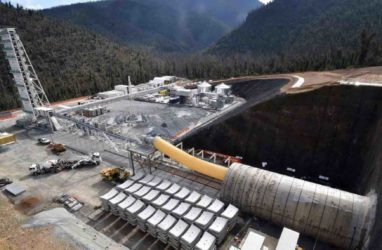Shipping and logistics leaders DHL Global Forwarding and Hapag-Lloyd have forged a significant partnership aimed at decarbonizing the maritime sector through a three-year agreement that enhances the use of sustainable marine fuels. This collaboration addresses the pressing challenge of Scope 3 greenhouse gas emissions, which are increasingly scrutinized by regulators and investors. By implementing a book-and-claim system, the partnership enables DHL's customers to claim emission reductions from biofuels, even if the fuel is not physically used in their operations. The initial order executed in July 2025 is projected to achieve a substantial reduction of 25,000 tons CO2e well-to-wake emissions, showcasing the potential of sustainable fuels derived from waste and residue feedstocks.
The implications of this initiative extend beyond immediate emission reductions; they represent a strategic shift in how corporations can meet their climate commitments. By integrating sustainable fuel usage into their commercial offerings, DHL and Hapag-Lloyd provide a framework for verifiable reporting, which is crucial for compliance with emerging disclosure requirements in regions like the EU and California. This partnership not only positions both companies as leaders in the transition to low-carbon shipping but also serves as a catalyst for broader industry adoption of sustainable practices. As they work towards their respective net-zero targets—Hapag-Lloyd by 2045 and DHL by 2050—this collaboration exemplifies how private sector initiatives can bridge the gap between current demand and future technological advancements in marine fuels.







